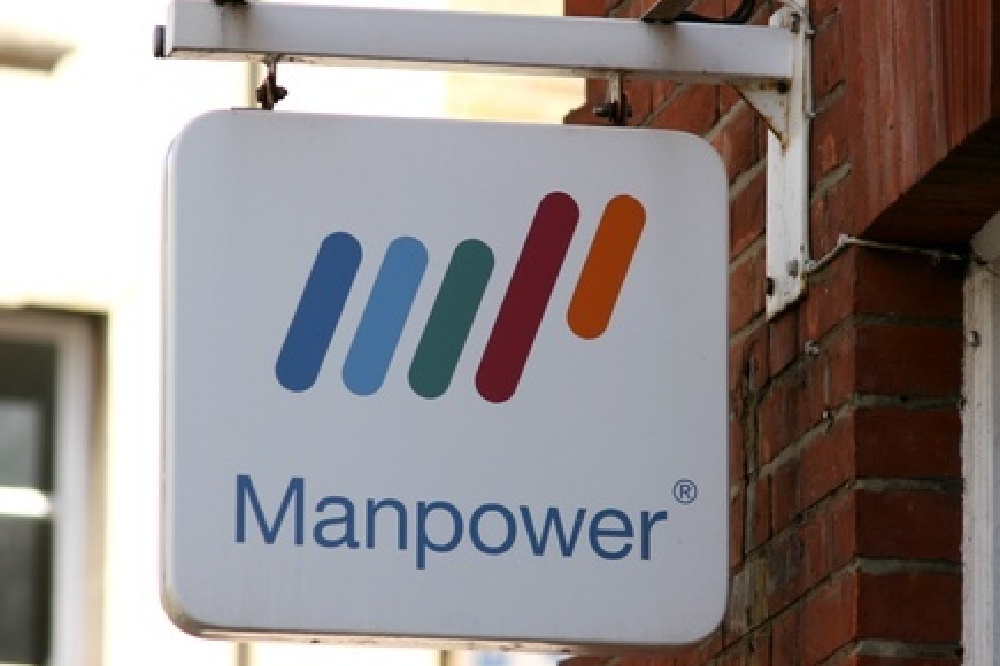The forthcoming introduction of a National Living Wage is already affecting jobs and prices in the UK.

Manpower Group
Next year April, as part of the government's strategy to rebalance the economy, staff over the age of 25 will have to be paid at least £7.20 per hour, compared to the current minimum wage of £6.50.
This month, after conducting a survey of firms, the employment group Manpower suggested that the UK job market was at its least optimistic for three years. They reported that companies were finding ways to mitigate the rise in their costs, despite tax cuts promised by the government. Manpower also described how the legislation could impact company profits, in some cases reducing earnings by 10%.
James Hick, managing director of Manpower Group Solutions UK, told Sky News: "The National Living Wage is sending shockwaves through the UK labour market."
"An unintended consequence of the introduction of the new living wage is that firms might try to bypass the legislation altogether. We anticipate that some employers may look to mitigate the extra costs by taking on more younger or self-employed workers, who are not entitled to the national living wage," Hick said.
In July, a separate report by Oxford University's Said Business School and the Association of Convenience Stores found that 24,000 stores could be at risk of closure due to the living wage, and warned that 80,000 jobs could be lost in the sector.
However, the Department for Business Innovation and Skills said in July that there is no evidence that Living Wage increases have affected employment to date: "The Government believes the new National Living Wage is affordable given the strength of the UK economy and labour market."

